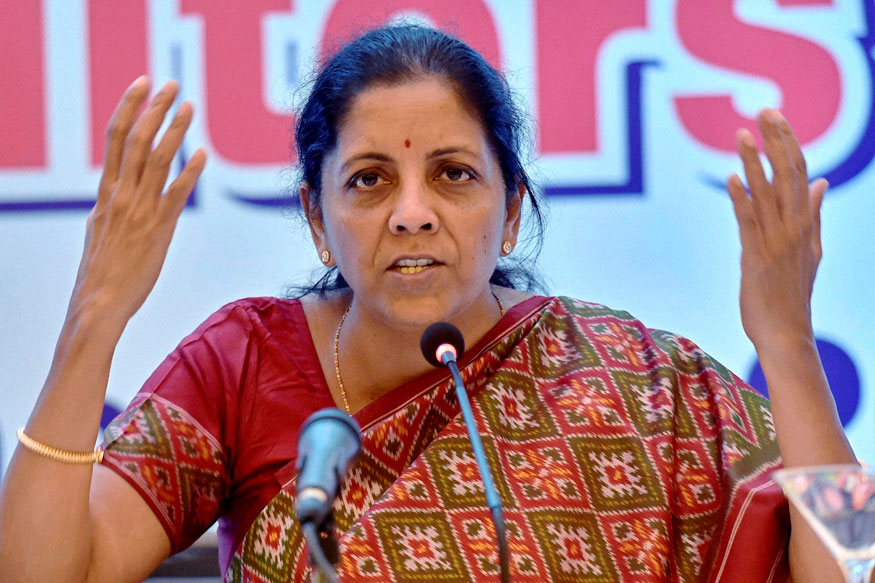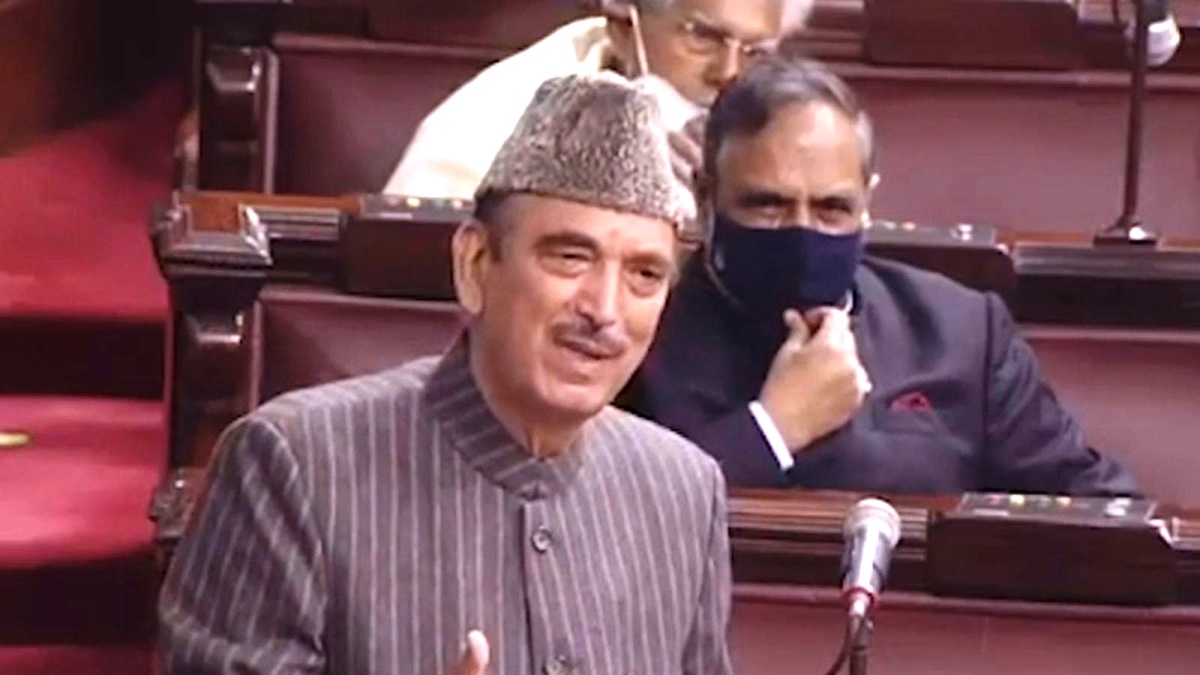This cable that was leaked by whistle-blower website Wikileaks was sent from US’s Delhi mission to Washington in October 2006. It offers details about how diplomats saw the situation in Kashmir after the apex court upheld Afzal Guru’s death sentence in 2006.
82638 10/20/2006 12:49 06 NEWDELHI 7273 Embassy New Delhi CONFIDENTIAL “VZCZCXRO5676OO RUEHBC RUEHDBU RUEHDE RUEHKUK RUEHLH RUEHPW RUEHROVDE RUEHNE #7273/01 2931249ZNY CCCCC ZZHO 201249Z OCT 06FM AMEMBASSY NEW DELHITO RUEHC/SECSTATE WASHDC IMMEDIATE 9763INFO RUCNISL/ISLAMIC COLLECTIVERUEHBJ/AMEMBASSY BEIJING 4067RUEHLM/AMEMBASSY COLOMBO 7475RUEHKA/AMEMBASSY DHAKA 757RUEHIL/AMEMBASSY ISLAMABAD 0556RUEHBUL/AMEMBASSY KABUL 3490RUEHKT/AMEMBASSY KATHMANDU 8202RUEHLO/AMEMBASSY LONDON 1718RUEHMO/AMEMBASSY MOSCOW 0231RUEHKO/AMEMBASSY TOKYO 3928RUEHCI/AMCONSUL CALCUTTA 6847RUEHCG/AMCONSUL CHENNAI 6901RUEHKP/AMCONSUL KARACHI 5704RUEHLH/AMCONSUL LAHORE 3097RUEHBI/AMCONSUL MUMBAI 6128RUEHPW/AMCONSUL PESHAWAR 3714RUEAIIA/CIA WASHDCRHEHNSC/NSC WASHDCRUEIDN/DNI WASHINGTON DCRHHMUNA/CDR USPACOM HONOLULU HIRUCNDT/USMISSION USUN NEW YORK 2613RHMFISS/HQ USCENTCOM MACDILL AFB FLRUEHGV/USMISSION GENEVA 4921RHHMUNA/HQ USPACOM HONOLULU HIRHMFISS/HQ USSOCOM MACDILL AFB FLRUEKJCS/JOINT STAFF WASHDC” C O N F I D E N T I A L SECTION 01 OF 03 NEW DELHI 007273
SIPDIS
E.O. 12958: DECL: 05/25/2016
TAGS: PREL, PGOV, PTER, PINR, PBTS, MOPS, KDEM, KISL, PK, IN
SUBJECT: KASHMIR: PENDING EXECUTION CAUSING STRIFE FOR CONGRESS NEW DELHI 00007273 001.2 OF 003
Classified By: PolCouns Ted Osius for Reasons 1.4 (B, D)
1. (C) Summary. The Srinagar Valley erupted in protest during the first weeks of Ramazan when the Indian Supreme Court upheld a death sentence for Mohammad Afzal Guru, a convicted facilitator of the 2001 attacks on the Indian Parliament. The Indian President has granted Afzal’s family a temporary reprieve, postponing indefinitely his execution until the Home Ministry puts forward a recommendation for or against clemency. India rarely carries out the death penalty, and if Afzal is hanged, he would be only the second convicted terrorist from Jammu and Kashmir formally executed during more than 15 years of armed conflict. For the sections of Srinagar’s Muslim population who have been outspoken on this issue, the possible execution highlights concerns about the fairness of the Indian justice system and failures in India’s longstanding program to demobilize and reintegrate surrendered militants. For much of the rest of the Indian public, especially non-Muslims, Afzal is a confessed terrorist, who is unrepentant for his role in the 2001 attack on India’s Parliament. For much of the public, commuting his sentence would demonstrate that India remains weak in the face of attacks emanating from Pakistan. For the Congress government, the execution presents a significant electoral dilemma. Congress sources tell us that if the UPA grants a pardon for Afzal or stalls his execution, the Congress Party will be portrayed by BJP leaders as weak on national security. If, however, the President lets him hang, some fear Congress may lose support from their traditional Muslim vote block on a national scale. End Summary.
Guilty As Charged?
2. (C) Mohammad Afzal’s part in the Parliament attacks appears to have been as a direct facilitator. Press reports indicate that he gave shelter to Jaish-i-Muhammad members in New Delhi before the attack, was in constant contact with them during their time in New Delhi, and purchased the Ambassador car that was used to get them past the Parliament’s first line of security. In trying Afzal, the prosecution found that the now defunct Prevention of Terrorism Act (POTA) was not strong enough to seek the death penalty for his facilitating role. To be given the death penalty, under POTA, one had to be involved in the attack itself or its direct planning. Instead, Afzal was convicted under Section 120(b) of the Indian Penal Code for conspiring to wage war against the state — a statute that human rights attorney Ravi Nair claims was written for attempted coups leaders. He says the strongest piece of evidence presented by the prosecution at Afzal’s trial was a confession, which the police video taped and aired publicly before his trial began. Chief among Nair’s concerns is whether torture was involved in obtaining this confession. Nair also argued that Afzal was denied a lawyer during the first stages of his trial, but when prompted further by PolOff, Nair admitted that the government appointed Afzal a public defender.
Kashmiri Anger
3. (C) Nair’s comments mirror strong public statements by Kashmiri leaders ranging from separatist leader Yasin Malik to former Chief Minister Farooq Abdullah that the entire
NEW DELHI 00007273 002.2 OF 003 Srinagar Valley will go up in flames if Afzal is hanged. Press reports indicate that hardline separatist Sayed Ali Shah Geelani has led multiple protests in Srinagar, calling for Afzal’s martyrdom, and using the slogan “”Go forth, Afzal. We are with you.”” Jammu and Kashmir Chief Minister Ghulam Nabi Azad also stepped into the controversy, urging the President to at least postpone the Supreme Court’s order to hang Afzal until after Ramazan because of religious sensitivities. The President subsequently agreed to hear Afzal’s wife’s request for clemency, a decision that fulfilled the Chief Minister’s request and could potentially postpone the execution for many years, as has been the practice with several death penalty cases in the past.
Surrendered Combatant
4. (C) For Yasin Malik — himself a former terrorist who has become an advocate against violence — the case represents a crucial problem for India in its efforts to bring former combatants back into mainstream society. Press reports argue that Afzal’s history as a surrendered militant, who was prompted by the Indian government to spy on his former colleagues, left him vulnerable to Jaish-i-Muhammad members when they came to New Delhi asking for help in carrying out the attack. When so many common citizens in the Valley are threatened by both security forces and militants, Malik commented to PolOff, many Kashmiri Muslims feel sympathy for Afzal. Afzal’s only crime, Malik argued, was buying a car. How does this warrant a death sentence?
Meeting a Violent End
5. (C) Malik’s comments, however, do not reflect the beliefs of many Kashmiri separatist leaders in the Valley. Moderate XXXXXXXXXXXX Hurriyat Leader XXXXXXXXXXXX told PolOff candidly that his faction of political separatists were remaining as quiet as possible about the issue because they do not feel strongly that India should pardon Afzal. While they were concerned that Afzal did not have adequate representation during parts of his trial, privately they say that he should be executed if he is guilty. “”If someone is a terrorist,”” XXXXXXXXXXXX said, “”they should meet a violent end.”” He said politically, however, moderate members of the Hurriyat are unable to express this view publicly, given the mood in the valley and the threat from terrorists. For this reason, the moderate Hurriyat as a body has remained relatively quiet about the issue. While some may speak on Afzal’s behalf individually, this was only out of a sense of obligation rather than strong conviction. XXXXXXXXXXXX further commented that moderates like himself were losing support because of the controversy among Kashmiri Muslims, especially a small but growing cadre of Kashmiri youth who are being educated in extremist madrassas springing up across Srinagar with Pakistani Jamaat-i-Islami party funding.
Let Him Hang
NEW DELHI 00007273 003.2 OF 003
6. (C) Kashmiri Pundit leader Shokti Bhan mirrored many of XXXXXXXXXXXX arguments about the Afzal case. Having protested the President’s willingness to consider clemency, Bhan argued that the Supreme Court’s decision to overturn two other convictions and to commute another death sentence stemming from the attack to life imprisonment demonstrates that Afzal’s case has been held up to significant judicial scrutiny. If the Supreme Court believed that he was not given a fair trial, they would have overturned his sentence. She applauded a recent Supreme Court decision admonishing the President and state governors from granting clemency purely for political reasons. She said that it didn’t matter that Afzal did not pull the trigger in the case — he knew what was being planned, and he helped the terrorists carry out that plan. She said if the Congress government spares Afzal, the entire country will be against them because they are leaving India vulnerable to terrorists.
An Electoral Dilemma for Congress
7. (C) Comment: The case raises electoral problems for Congress at a national level. Outside of Kashmir, public opinion — still raw from Mumbai — is strongly in favor of Afzal’s execution. A journalist commented that Congress can’t be seen giving a pass to both Pakistan in the Mumbai case as well as giving clemency to Afzal or else the BJP will subject them to withering attacks. On the other hand, Congress does not want to anger the Muslim population in Uttar Pradesh just ahead of crucial elections in February 2007. The Afzal case has also provided an issue to the Left parties, which have called for clemency and the abolition of the death penalty, winning points from both Muslims and secular leftists. This means that the Congress is now under pressure from both the Left and the Right. Internally, the case may also bring to light longstanding animosity between President Kalam and Sonia Gandhi, especially as a member of her own party, Chief Minister Azad, has argued on Afzal’s behalf. The easiest option for Congress may be to delay Afzal’s execution for years to consider his appeal for clemency, but if President Kalam believes Sonia won’t grant him a second term next summer, he may choose to push the issue into the forefront again at a crucial moment. Regardless of the outcome, the case presents a difficult electoral challenge for Congress.
PYATT















